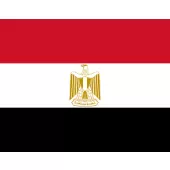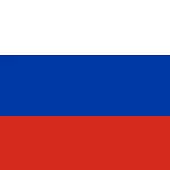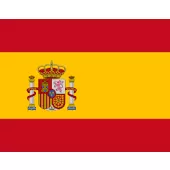
Patents: Conditions and Registration
The beginnings of the Intellectual Property in Egypt go back to 1951 when it was regulated by law no. 132/1949. A newly issued Law No. 82/2002 protects the utility Models/patents, Layout-Designs for Integrated Circuits and Undisclosed Information.
Patent registration
We will shed the light on the definition of patent, its main conditions to be granted nationally and internationally and the regulatory authorities handling the registration process, as follows:
- What is a Patent?
According to the Intellectual Property Rights No. 82 of 2002, a patent of an invention is an exclusive right granted by the competent authorities to the inventor, giving the inventor the right to stop others, for a limited period, from making, using or selling the invention without his permission.
- The conditions of being patentable
The law states certain conditions by which a patent can be granted to an invention; as it has to be new and never been made public in any way before the date on which the application of the patent is filed; involve an inventive step - if when compared with what is already known, it would not be obvious to someone with good knowledge and experience of the subject; finally be capable of industrial application - an invention must be capable of being made or used in some kind of industry. This means that the invention must take the practical form of an apparatus or device, a product such as some new material or an industrial process or method of operation. An invention is not patentable if it is a discovery, a scientific theory or mathematical method, an aesthetic creation, literary, dramatic or artistic work, a scheme or method for performing a mental act, playing a game or doing business. In addition, it is not possible to get a patent for plant variety, a method of treatment of the human or animal body by surgery or therapy or a method of diagnosis.
- Registering a Patent
After making sure that the idea is patentable and no one has patented it before, then it's time to register a patent; as by registering other competitors or inventors from profiting for the idea without the inventor permission will be excluded. It excludes other from making, selling or importing the patented invention. It also provides an exclusivity advantage for a period up to 20 years long.
- Regulatory Body
The Egyptian Patent Office (“EGPO”) is the sole national office responsible for registering and issuing patents. It is accredited by WIPO as regional searching authority and plays key role in technology transfer and Intellectual Property Rights protection.
- National Registration (“Original Submission”)
The inventor seeks a national protection for his/her invention has to submit certain documents to the national patent office, EGPO, including the following:
- The invention name and its data from a technical perspective;
- Front page of the patent;
- Drawings and designs if any; and
- Data and information seek patent.
- International Registration (“Online Submission”)

 English
English
 العربية
العربية
 中文语言
中文语言
 русский язык
русский язык
 Le français
Le français
 Española
Española


